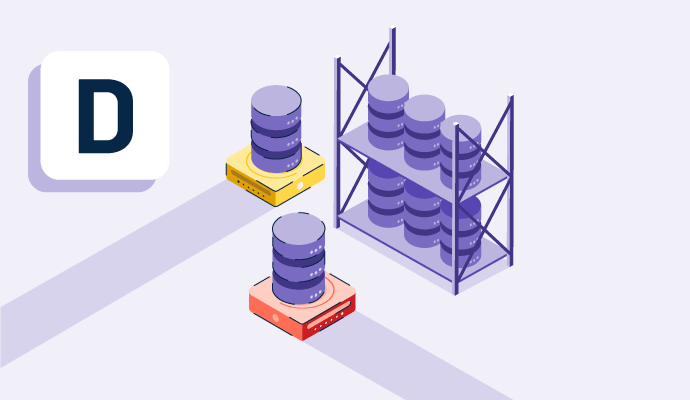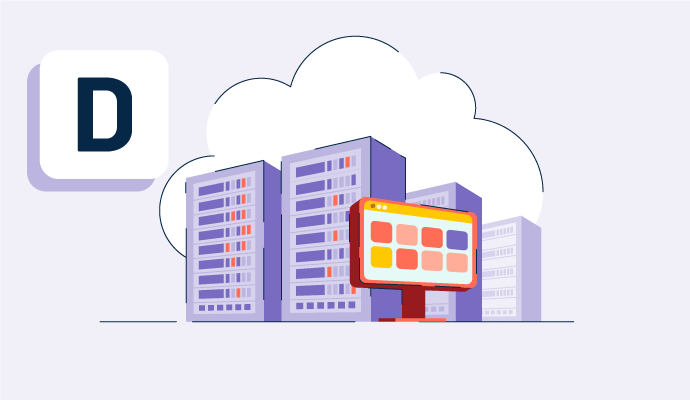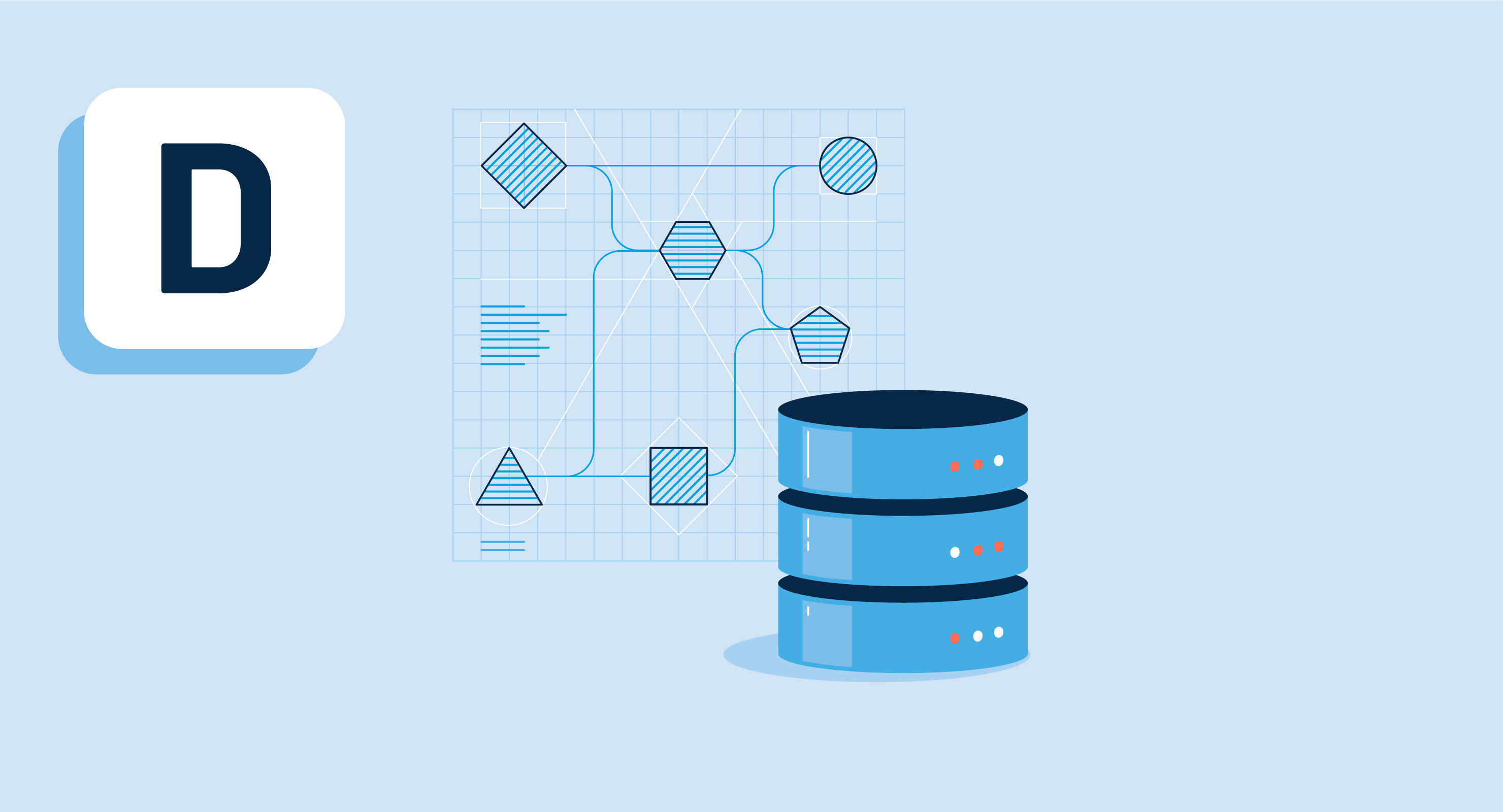Data Warehouse Solutions Resources
Articles, Glossary Terms, Discussions, and Reports to expand your knowledge on Data Warehouse Solutions
Resource pages are designed to give you a cross-section of information we have on specific categories. You'll find articles from our experts, feature definitions, discussions from users like you, and reports from industry data.
Data Warehouse Solutions Articles
36+ Big Data Examples and Applications In Real Life
As companies rationalize their database management practices, more firms turn to big data to operationalize their business outcomes.
by Devin Pickell
25+ Data Warehouse Statistics IT Teams Need to Know in 2024
In today's era of big data, having a reliable storage solution and effective analytical tools is essential.While basic databases are adept at organizing information, a data warehouse offers both storage capabilities and powerful analysis tools, enabling you to process and transform data into valuable insights for decision-making.As businesses increasingly recognize the importance of data warehouses, the market for these solutions is experiencing rapid growth. Investing in a data warehouse solution can help your organization remain competitive in the data-driven landscape.We've compiled some statistics to provide further insights into this industry growth and the necessity for such solutions. So, let's dive in!
by Melanie Maggine
Introducing G2’s Latest Category: Data Warehouse Automation
The data warehouse software market is booming. According to a report by Yellowbrick, it is estimated that the size of this market will be over $30 billion by 2025.
by Preethica Furtado
8 Big Data Technologies On the Rise
The media storm surrounding big data has calmed, but businesses are still searching for ways to harness all this data.
by Devin Pickell
The 4 Most Important Big Data Programming Languages
Programming languages, just like spoken languages, have their own unique structures, formats, and flows.
by Devin Pickell
What Is a Data Lake and Why Is It Essential for Big Data?
If you’re someone like me, you enjoy structure, neatness, and simplicity.
by Devin Pickell
Data Warehouse Solutions Glossary Terms
Data Warehouse Solutions Discussions
0
Question on: Amazon Redshift
Should I use with a data mart for a frontend tool that make request on it ?We had an internal reporting tools that were used to make analysis on the data and we were running the query directly on it. But if the data scientists are using Redshift at the same time, it could affect the tools response time.
Hi Mehdi
Can you elaborate your question?
AWS Redshift is a DataBase/Data Warehouse service, which is Ideal for Analytical use cases.
You can store data and query at very low latency, assuming you Distribute and Sort the data optimally and that the Redshift is multi Node.
You can use SQLWorkbenchJ to query the data and run ad-hoc queries. Also you can connect Redshift to Numerous Dash boards or Visualization tools like: Tableau / Looker, etc.
Hi Mehdi, You can use the data mart with AWS as to get the data from multiple channels simultaneausly. I would suggest use Dbeaver data mart should be ideal for Redshift.
Yes you can use it.
0
Question on: Databricks Data Intelligence Platform
What are the features of Databricks?What are the features of Databricks?
It supports large amount of data with capability to write code in SQL, Spark, Python and R.
In the backend, it stored the data in the parquet file which compress the data to great extent.
Its easier to debug the ETL pipeline using notebooks as compared to traditional ETL pipeline created using SSIS or Informatica.
Data Migration or ETL pipeline executes faster as compared to other ETLs
The main features of Databricks include:
- Compliance
- End to end
- Notification and logs
- Jobs scheduler
- Access control
- Visualization
- Run notebook as job
- Integration
- Interactive exploration
- Secure deployment
- Notebook workflows
- Integrated identity management
- Collaboration
- Auditing
- Dashboard
- Databricks runtime
Delta Lake
Lakehouse platform
Schema evolution
Data quarantine & Data Quality
Data Integration & Transformations
0
Question on: Snowflake
What's the best way to manage change data capture in Snowflake?Since Snowflake doesn't enforce constraints, what are the best practices to ensure incremental loads while maintaining data integrity?
You might get a relevant answer from it.
Hello,
Good Afternoon!
Please go through this link: https://docs.snowflake.com/en/user-guide/streams.html
It might give you a relevant answer.
If anyone to learn Snowflake Online Training, then please go through this link: https://mindmajix.com/snowflake-training
Thanks & Regards,
Anita
It in the upstream source system using something like AWS DMS.
If you are trying to identify what changes happen in Snowflake tables you can use Snowflake streams as a stream keeps track of inserts, updates and deletes and you can have different ELT processes for each type.
Hello,
Good Afternoon!
Please go through this link: https://docs.snowflake.com/en/user-guide/streams.html
It might give you a relevant answer.
If anyone to learn Online Training, then please go through this link: https://www.kbstraining.com/
Thanks & Regards,
Data Warehouse Solutions Reports
Mid-Market Grid® Report for Data Warehouse
Summer 2025
G2 Report: Grid® Report
Grid® Report for Data Warehouse
Summer 2025
G2 Report: Grid® Report
Enterprise Grid® Report for Data Warehouse
Summer 2025
G2 Report: Grid® Report
Momentum Grid® Report for Data Warehouse
Summer 2025
G2 Report: Momentum Grid® Report
Small-Business Grid® Report for Data Warehouse
Summer 2025
G2 Report: Grid® Report
Enterprise Grid® Report for Data Warehouse
Spring 2025
G2 Report: Grid® Report
Small-Business Grid® Report for Data Warehouse
Spring 2025
G2 Report: Grid® Report
Mid-Market Grid® Report for Data Warehouse
Spring 2025
G2 Report: Grid® Report
Grid® Report for Data Warehouse
Spring 2025
G2 Report: Grid® Report
Momentum Grid® Report for Data Warehouse
Spring 2025
G2 Report: Momentum Grid® Report











